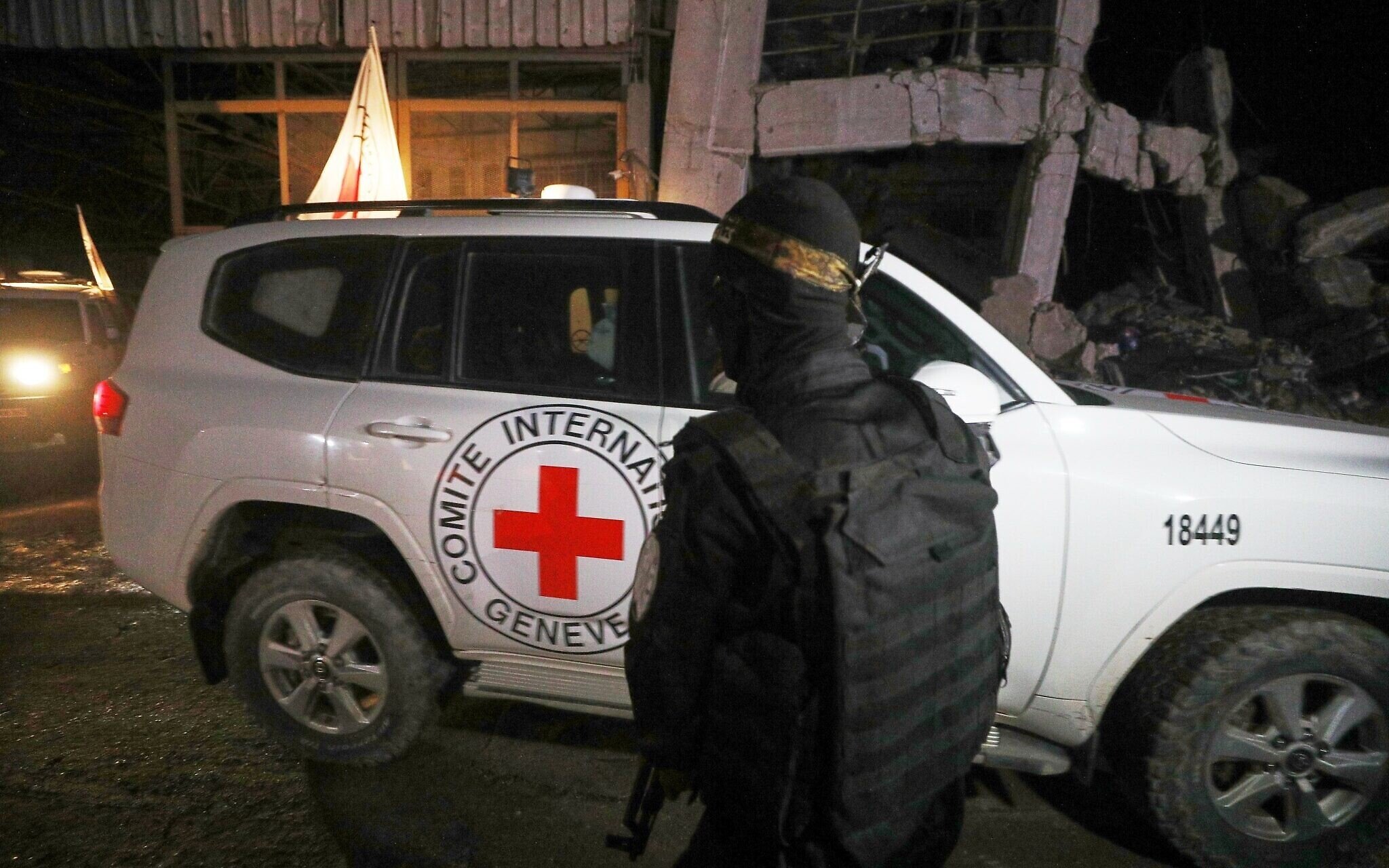Zohran Mamdani's election as Mayor of New York City marks a profound shift in American politics, challenging the longstanding myths of neoliberal democracy and capitalist patriotism. As a Muslim immigrant and self-identified democratic socialist, Mamdani's victory signals both the exhaustion of the old political order and the resurgence of class discourse in the United States. His campaign promises, including rent freezes and public services funded by progressive taxation, have opened space for debates long suppressed by mainstream liberalism.
Mamdani's rise is part of a broader global movement rejecting technocratic centrism in favor of redistribution, climate justice, and anti-imperialism. Yet his position within the Democratic Party highlights the persistent challenge of enacting structural change within institutions designed to absorb dissent. On foreign policy, his solidarity with Palestinians marks a moral break from Washington orthodoxy, though he remains constrained by the realities of American power.
Culturally, Mamdani embodies a new postcolonial modernity, unsettling traditional narratives of meritocracy and American identity. While critics warn that his brand of socialism may ultimately humanize rather than transform capitalism, his open embrace of socialist ideals breaks a historic taboo. Mamdani's victory signals the end of American innocence about the benevolence of capital and the possibility of an imperial yet innocent democracy. The challenge ahead is to sustain this rupture and prevent it from being neutralized by institutional compromise.

 image sourced from original article at
image sourced from original article at 

